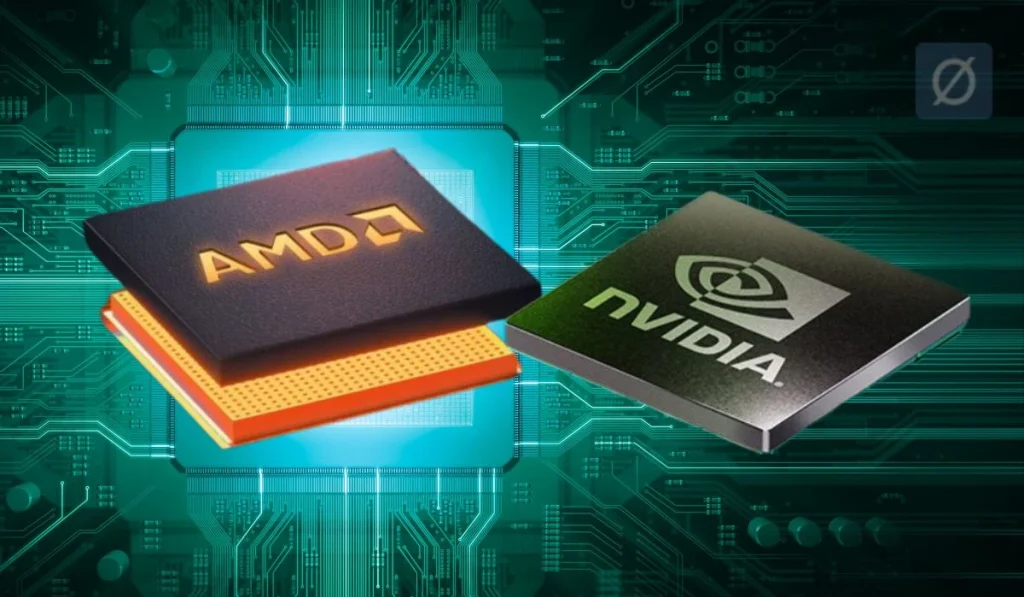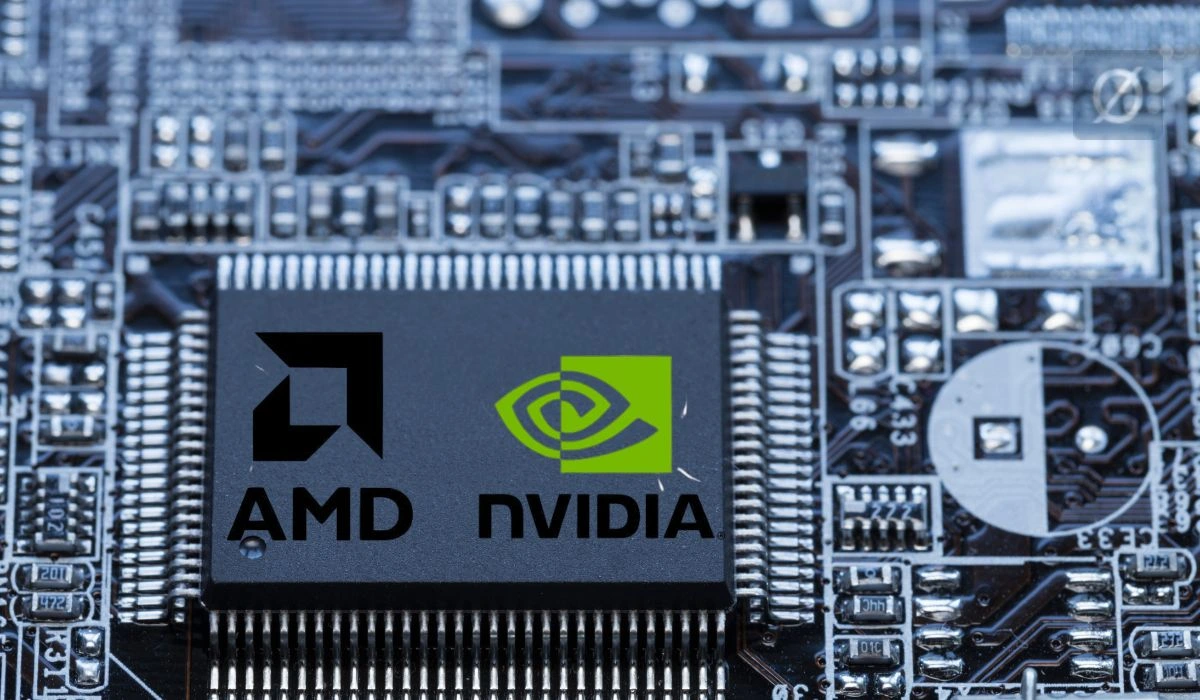Nvidia and AMD, American multinational technology firms, have agreed to pay fifteen percent of their revenue acquired from certain chip sales in China to the government of the United States.
The main aim of this agreement between the chip manufacturers and the US government is to secure an export license for AMD’s MI308 and Nvidia’s H20 chips, which are scheduled for the market of China.
Due to national security issues associated with AI advancement, the U.S government has banned the sale of the powerful chips utilized in areas such as AI to China.
Agreement between Chip manufacturers and the US Government
As part of the agreement with the administration of Donald Trump to gain export licenses for the semiconductors, the two chip manufacturers, like Nvidia and AMD, agreed to share a portion of their China chip sales revenue.
This deal mainly includes a revenue cut of 15%, which reflects a response to current tension and the effort of the US administration to handle the export of developed technologies to China.
According to people known with the occasion, including a US official, Nvidia and AMD agreed to the financial arrangement as an occasion for acquiring export licenses for the Chinese market, which were conceded last week.
AMD (Advanced Micro Devices), an American technology company, agreed to share 15% of the revenues from M1308 chip revenues, and Nvidia, an American corporation, will provide the same percentage from H20 chip sales in China, said by US official.

On Friday, just 2 days after the meet up of Donald Trump, the president, and Jensen Huang, Chief Executive of Nvidia, the commerce department began publishing H20 export licenses, reported by Financial Times.
he administration had also initiated issuing the licenses for the China chip of AMD, said by US Official.
In a statement in response to the FT report, Nvidia said that it strictly follows the rules of the U.S government regarding its involvement in global markets. For months, Nvidia has not exported H20 to China, and is hoping the export control rules will allow America to compete globally, including in China
On the other side, on Sunday evening, AMD did not instantly react to the request of Axios, which was initially reported by the Financial Times.
The U.S Department of Commerce and the foreign industry of China did not react instantly to a request for comment.
Also Read: Why SpacePay’s Crypto Presale Could Be the Best Move You Make In 2025
Impact on Companies
China interprets a relevant market for both AMD and Nvidia tech firms, where AMD generated $6.2 billion in revenue from China for 2024, representing twenty-four percent of total revenues. Nvidia generated $17 billion in China revenue in the fiscal year ending January 26, representing thirteen percent of total sales.
Depending on the guidance of Nvidia before the export controls were issued in the initial months of this year, the company would have sold approximately 1.5mn H20 chips to China in this year, making $23 bn in revenue, estimated by Bernstein analysts.
The agreement between the US official and chip manufacturers has drawn criticism, and some analysts are arguing that it weakens the lines between economic strategy and national security policy and could be seen as setting a significant negative example. Additionally, it also includes concerns regarding the tax on exports, which is banned by the US Constitution.
However, the revenue sharing could positively influence the profitability of two chip manufacturers, such as AMD and Nvidia, in the Chinese market of China. Moreover, the resuming sales even with this charge could be recognized as an advantage, provided the size and relevance of the AI market in China.




